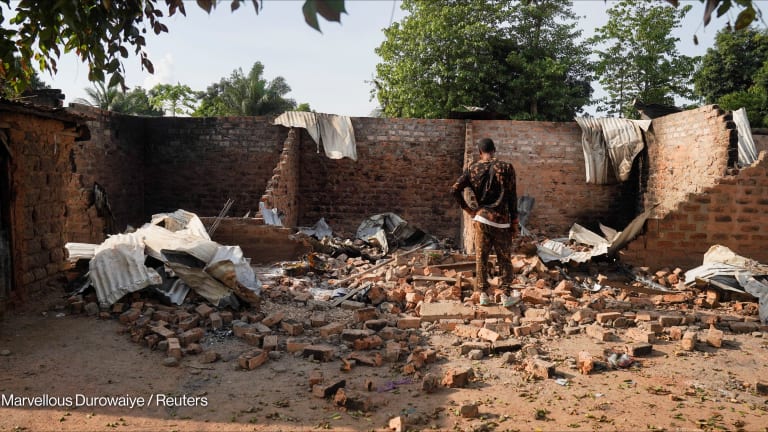MUNICH — Despite a federal judge's order blocking the Trump administration's foreign assistance freeze on existing contracts, the attempted dismantling of the U.S. Agency for International Development could signal the beginning of a broader effort to reshape multiple federal agencies, U.S. Sen. Andy Kim has warned.
"If this plan succeeds for them, this will be the playbook by which they go after the Consumer Protection Bureau, FEMA, the Department of Education, and other things," Kim, a Democrat from New Jersey, told Devex at the Munich Security Conference.
The administration's rapid moves to freeze foreign aid, downsize USAID, and fold it into the State Department have sparked a flurry of legal challenges. While officials insist it’s a “review” of foreign assistance, Kim, a former USAID civil servant, called it something else entirely: “clearly well beyond what is legal.”








